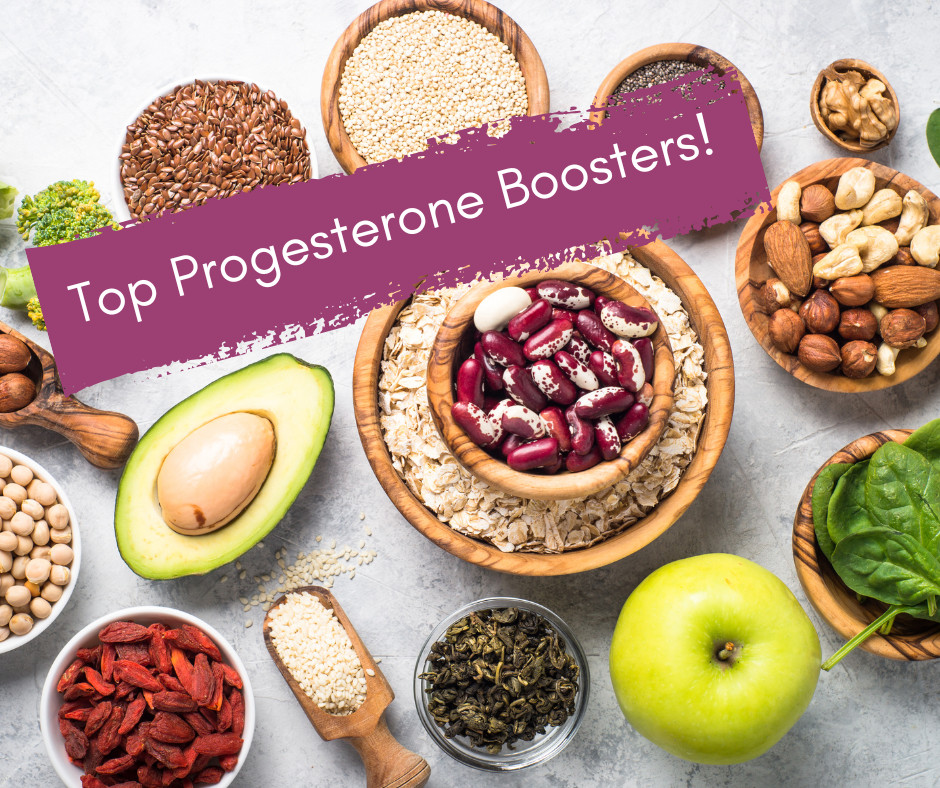
If you’re a woman over 35 struggling with unexplained infertility, irregular cycles, or early/repeat miscarriages, progesterone might be part of the missing puzzle. Progesterone is often called the “pregnancy hormone” because it prepares the uterine lining for implantation and supports early pregnancy. Yet, it’s one of the most overlooked hormones in fertility care.
Many women in their mid-30s and 40s are told everything looks “normal” — only to keep facing failed cycles, miscarriages, or the heartbreak of being told there’s nothing else doctors can do. The truth is, progesterone naturally declines after 35, and without enough of it, conception and pregnancy become much harder to sustain.
The good news? There are both natural and medical ways to support progesterone — and steps you can take to advocate for the testing and treatment you deserve.
Why Progesterone Matters So Much
- Supports implantation: Without enough progesterone, the uterine lining can’t sustain a fertilized egg.
- Prevents early miscarriage: Low progesterone is one of the leading (yet often ignored) contributors to recurrent pregnancy loss.
- Balances hormones: Adequate progesterone helps balance estrogen, regulate cycles, and reduce PMS and heavy bleeding.
For women over 35, the natural age-related decline makes progesterone support especially critical.
Signs of Low Progesterone After 35
- Short luteal phase (less than 10 days between ovulation and your next period)
- Spotting before your period
- Difficulty conceiving despite ovulation
- Recurrent early miscarriage
- PMS, anxiety, or sleep issues that worsen with age
If these sound familiar, it’s worth digging deeper — especially if your doctor has dismissed your concerns or hasn’t tested your progesterone properly.
Natural Ways to Support Progesterone
While medical support may still be necessary, there are steps you can take on your own to optimize levels:
- Nutrition that supports hormone balance
- Vitamin B6, magnesium, and zinc are essential cofactors for hormone production.
- Eat a nutrient-rich diet with grass-fed meats, leafy greens, pumpkin seeds, and wild-caught salmon.
- Stress management
Cortisol (your stress hormone) competes with progesterone. Women juggling careers, fertility struggles, and daily stressors may find progesterone drops even faster without stress support. Practices like yoga, deep breathing, or short daily walks can help. In the NurturePath Fertility Incubator program this is a key area where we provide "pocket tools" to deal with the stress and disappointment fertility brings. - Healthy fats
Cholesterol is the building block for progesterone. Avocados, olive oil, coconut oil, and grass-fed butter are allies in hormone production. - Herbal support
Herbs like Vitex (chasteberry) have been shown to support luteal phase health in some women.
Medical Options for Progesterone Support
Sometimes natural methods aren’t enough, especially for women over 35. Medical supplementation can be crucial:
- Progesterone suppositories or capsules: Often prescribed after ovulation or IUI/IVF transfer.
- Progesterone in oil (PIO) injections: Common in IVF protocols.
- Oral micronized progesterone: Can support luteal phase and early pregnancy.
Unfortunately, many doctors won’t prescribe progesterone unless you’ve already had multiple miscarriages — an outdated and deeply frustrating approach. That’s why self-advocacy matters.
Advocating for Progesterone Support Over 35
If you’re over 35, you may need to be proactive in requesting testing and treatment. Here are ways to advocate for yourself:
- Request specific testing
Ask for a day-21 progesterone test (or 7 days post-ovulation), luteal phase hormone panels, or early pregnancy progesterone monitoring. - Know the numbers
A progesterone level of 10 ng/mL is often considered “enough” for ovulation, but higher levels may be needed for healthy implantation and pregnancy, especially over 35. - Use empowering language
Try saying:“Since I’m over 35 and progesterone declines naturally with age, I’d like to be proactive in testing and supporting my progesterone. Can we review supplementation options if my levels are borderline or low?” - Seek a second opinion
If your provider dismisses you, find an integrative OB/GYN or reproductive endocrinologist who values proactive care.
Remember, a doctor’s “no” doesn’t equal your body’s “no.” It simply means they’ve run out of tools in their system. You still have options.
Key Takeaway
For women over 35, progesterone is often the missing piece in the fertility puzzle. Whether through nutrition, lifestyle, or medical support, addressing low progesterone can mean the difference between ongoing heartbreak and finally sustaining a healthy pregnancy.
Don’t wait until you’ve endured repeated loss to push for answers. Advocate for yourself now — because your fertility journey deserves more than a dismissive “everything looks fine.”




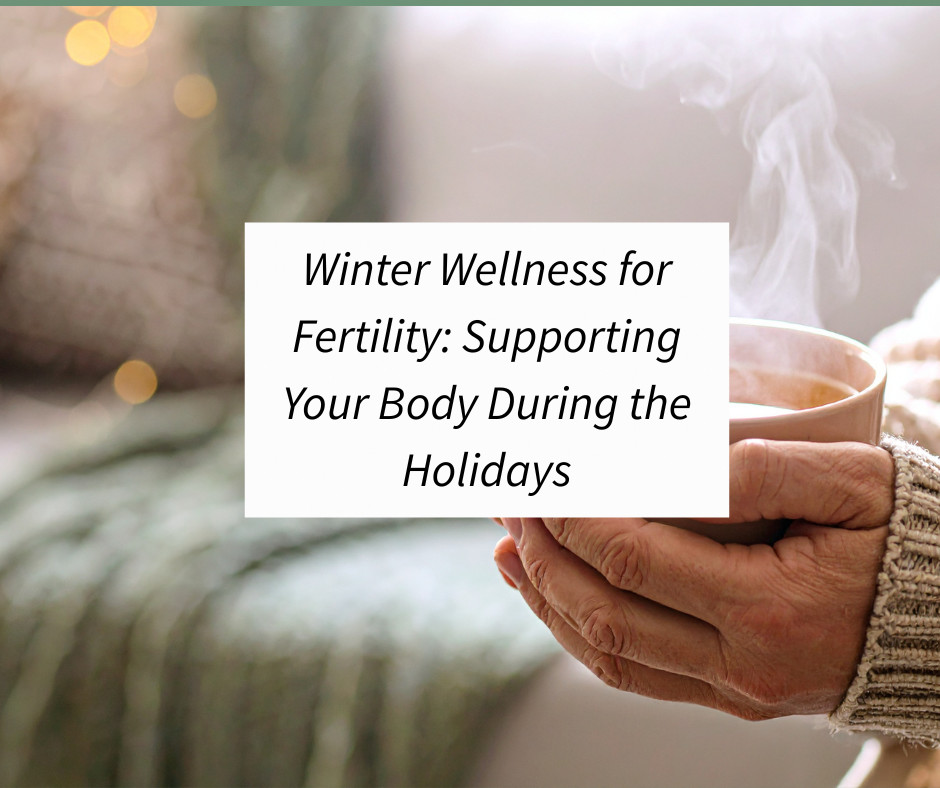
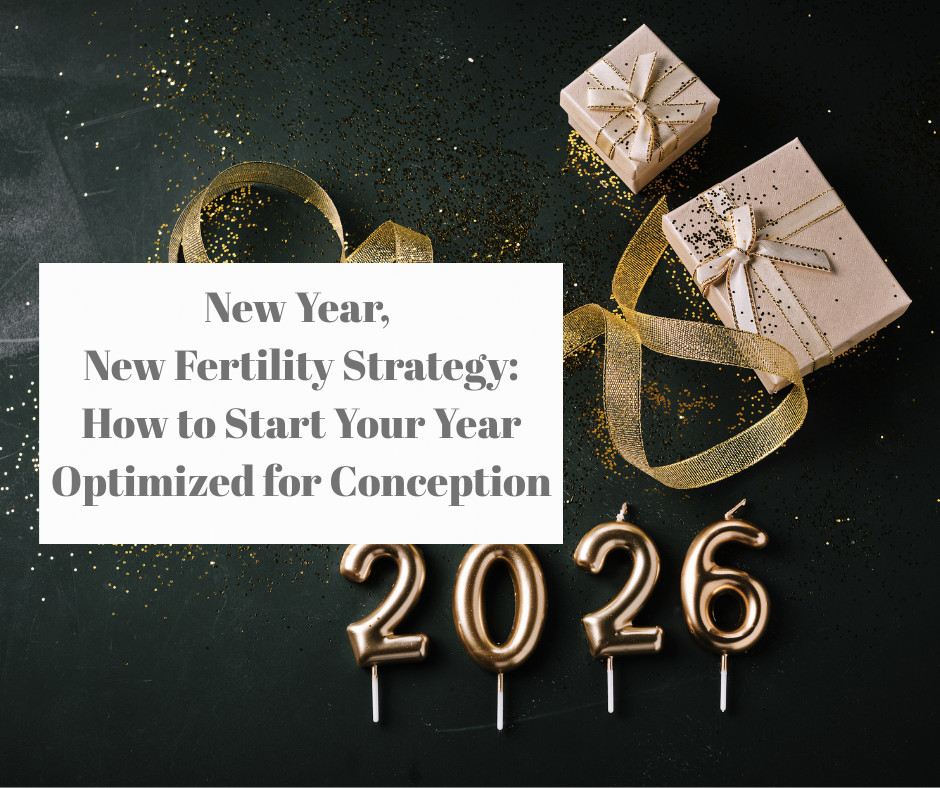
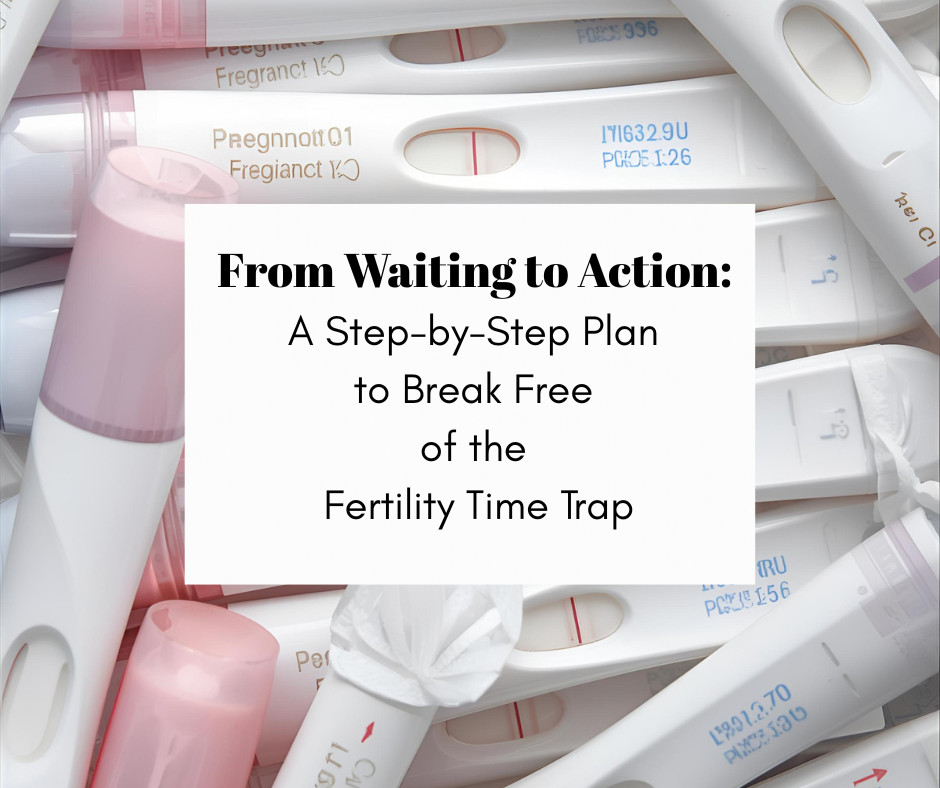
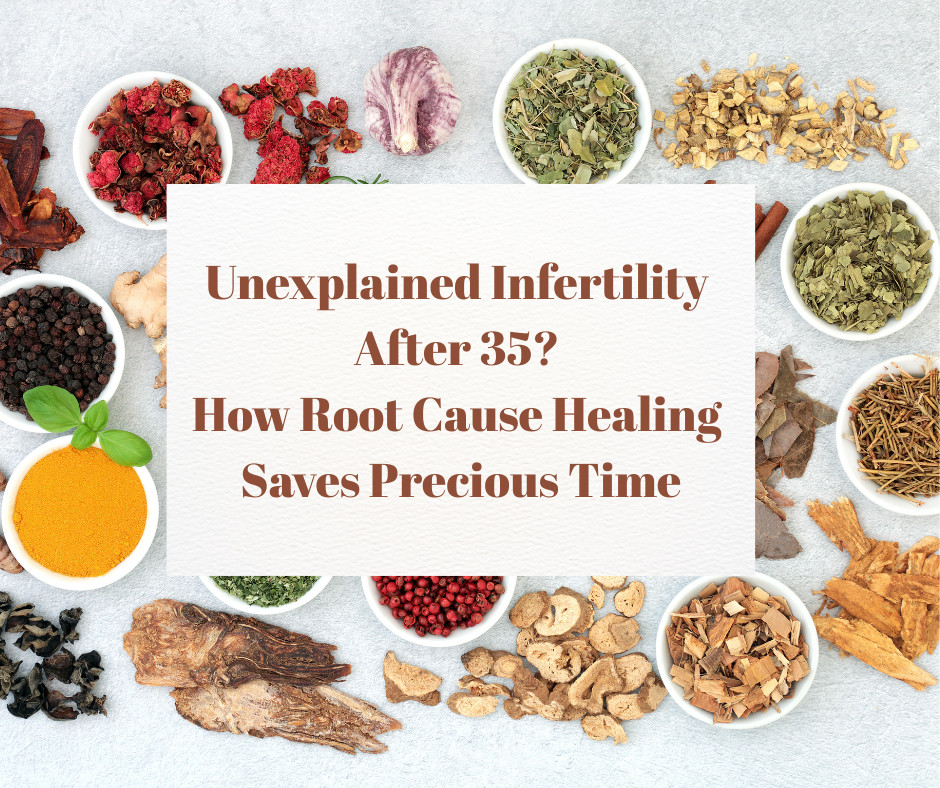
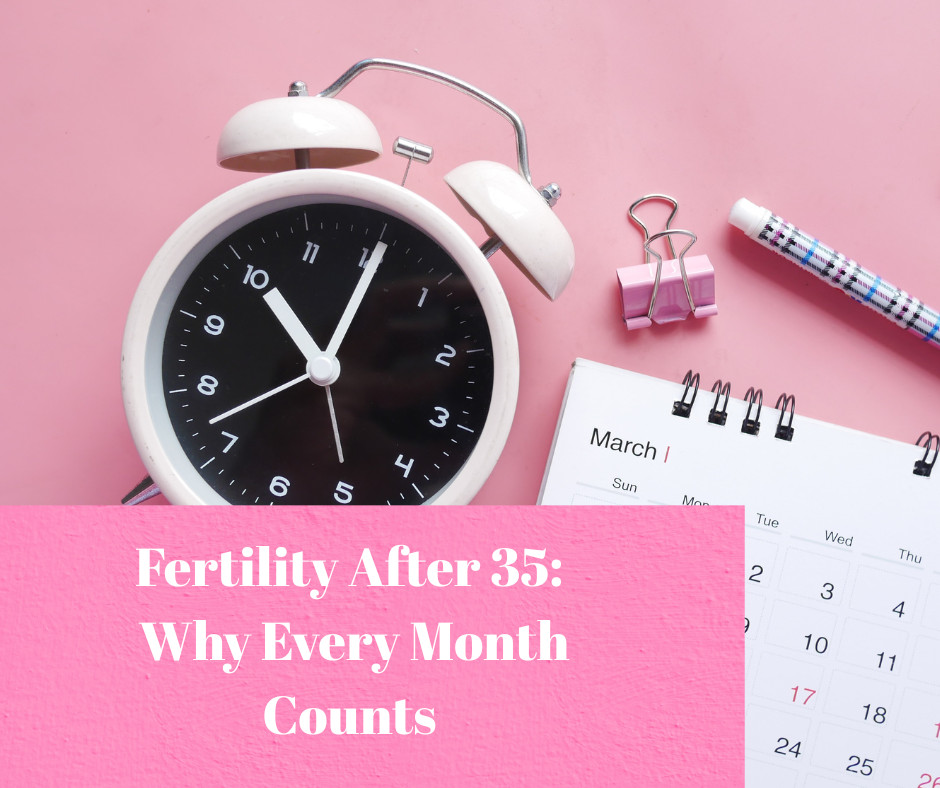
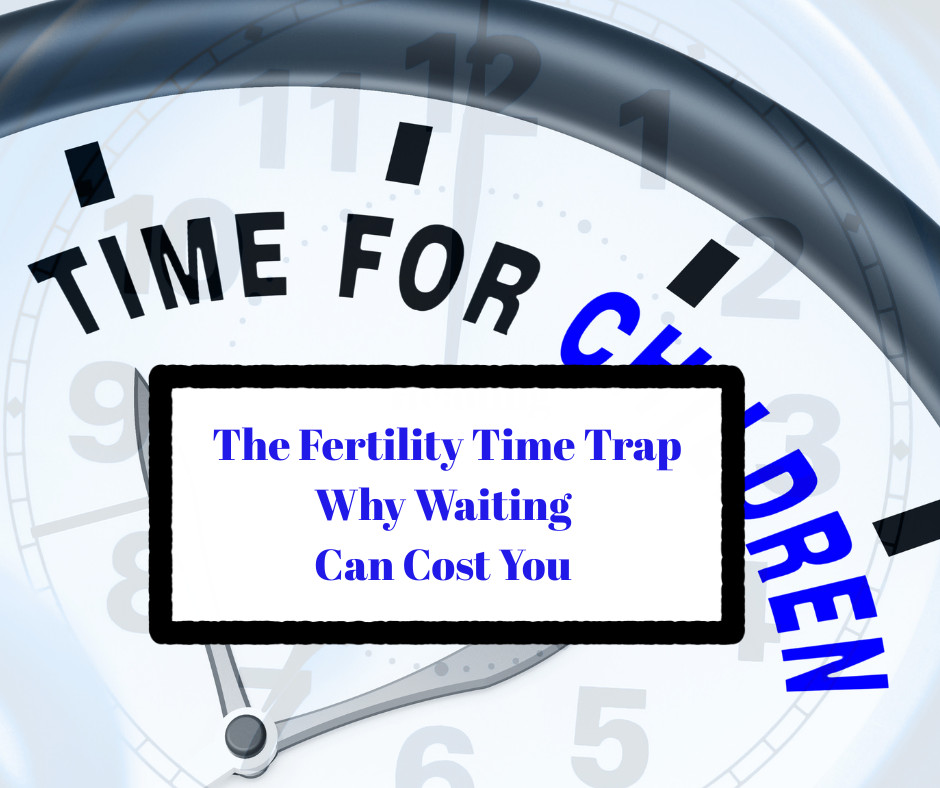

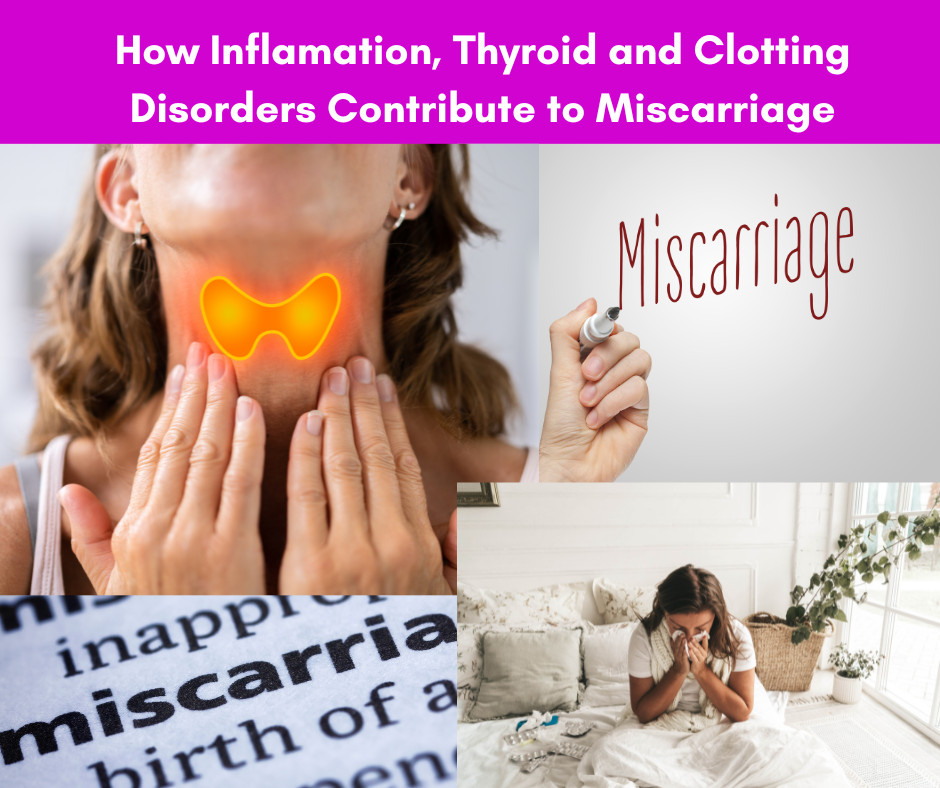
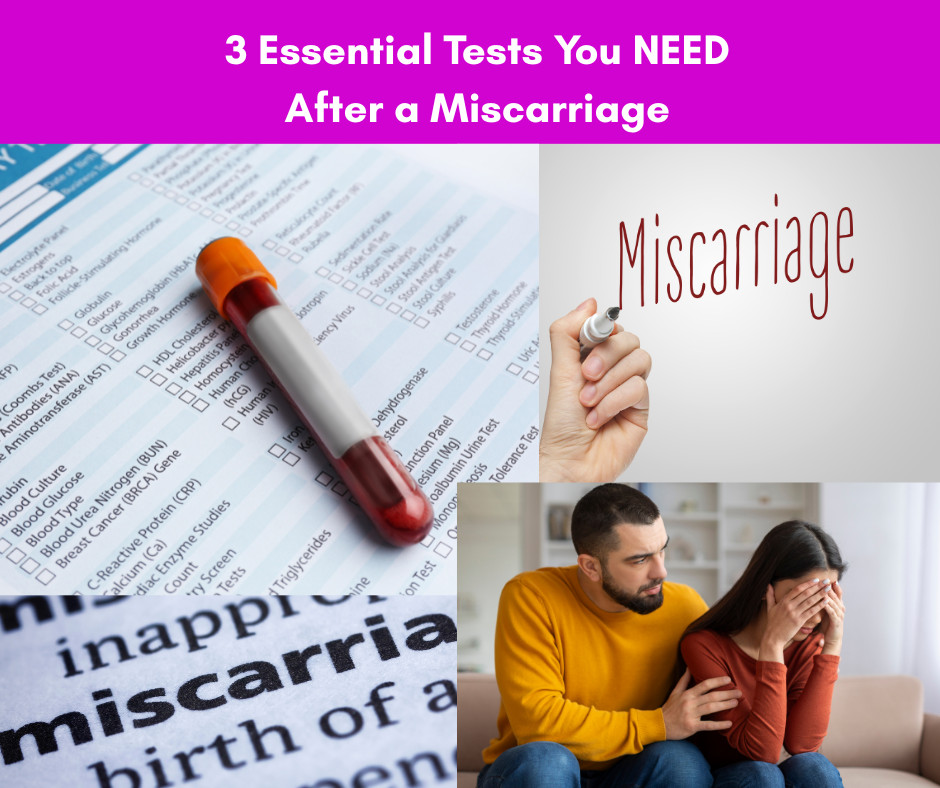


0 Comments